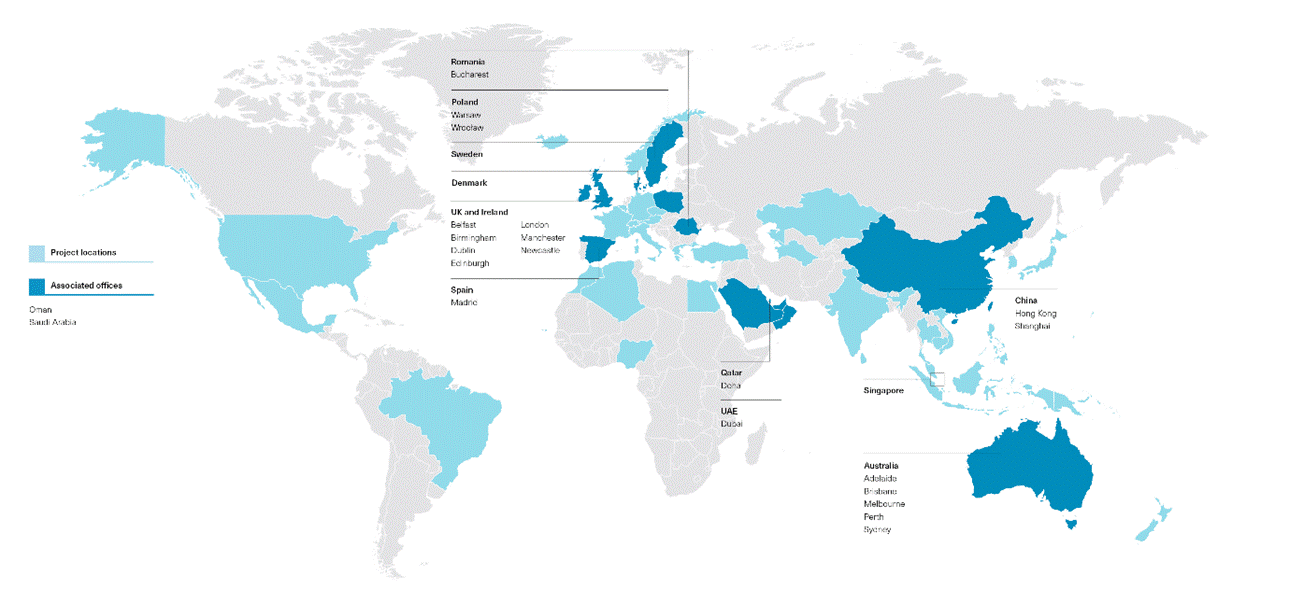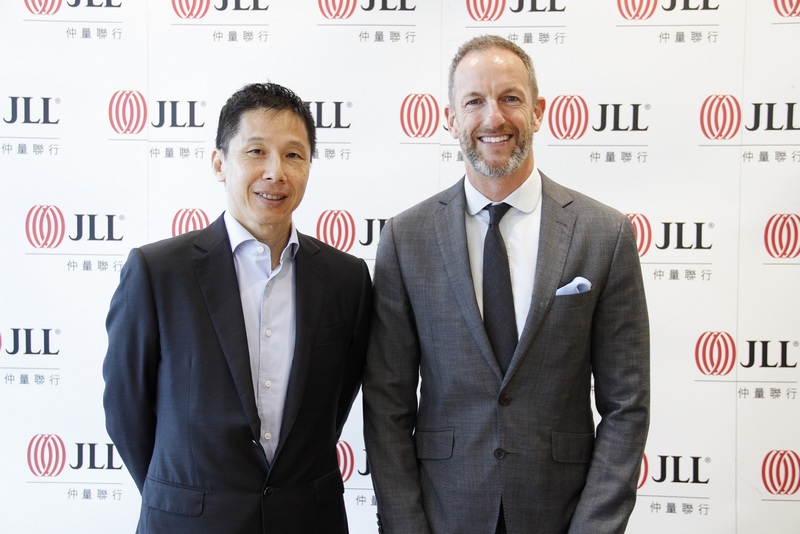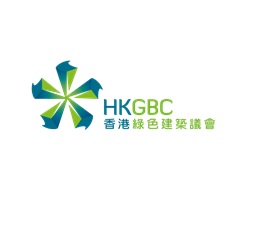(29 March 2022, Melbourne and Singapore) Global advisory and multi-disciplinary engineering consultancy, Cundall, has launched, The Thinking Building: a complete guide to smart buildings, APAC edition.
Drawing on the expertise of Cundall’s building automation and controls experts, The Thinking Building maps out accessible, achievable and cost-effective ways a building can become smarter, more resilient and ready to connect to digital networks.
Whilst there is a lot of buzz about ‘smart buildings’ and ‘smart cities’ and even smart states and nations, the vision is usually applied to new developments featuring the latest technological features.
The average existing building, and the needs and experiences of the average person, are often invisible in this digital dreamscape. That’s why Cundall’s new comprehensive guide, The Thinking Building, takes the approach of starting where most of us live and work – older, energy-inefficient existing buildings and neighbourhoods.
“Reducing building emissions, improving the end-user experience, and ensuring the resilience of human habitats means we need to optimise the 90% of assets that are already built,” says Julian Bott, Cundall APAC Managing Director.
“For many of our clients, the pressure is coming from multiple directions including stakeholders, regulators and even their own staff for them to take meaningful steps towards future-proofing assets and optimising their environmental performance. Smart building innovations, thoughtfully planned and delivered, are an attractive pathway for future-proofing the value of their properties and keeping them relevant in the 21st century property market.”
Co-author and APAC Associate (Building Automation) Annie Nguyen says property owners and facilities managers she works with in Singapore, Hong Kong and other parts of Asia-Pacific are looking for a thoughtful approach to digital enhancements that delivers a clear return on investment.

Michelle Ganley, Principal Engineer (Building Controls), Cundall Melbourne 
Annie Nguyen, Associate, Building Controls, Cundall Singapore
“The Thinking Building draws on the use case matrix we include in early scoping conversations. This process starts with understanding how the building currently performs and what the owner, facilities manager and building occupants have as priorities for improvement.”
The language around smart buildings and smart precincts can also be difficult to navigate, according to co-author and Cundall Melbourne Principal Engineer (Building Controls), Michelle Ganley.
“Sometimes the way smart building technologies are discussed verges on tech-wash,” she says. “We want to ensure people can understand what the main technologies are, how they work, and showcase some examples of how small smart changes have led to major building performance and user experience benefits.”
The Thinking Building also gives readers a glimpse into the smart future of precinct-scale connectivity, cyber security considerations, and net zero energy places, outlining how digital innovation will bring us there, perhaps sooner than you imagine.
For portfolio owners, investors and masterplanners this signposts how being future-ready is both achievable and a meaningful opportunity to deliver more in the way of spaces, services and experiences while using less energy and resources to do so.
For more information about Cundall, please go to www.cundall.com. Alternatively, you can find us on Twitter or LinkedIn.





















